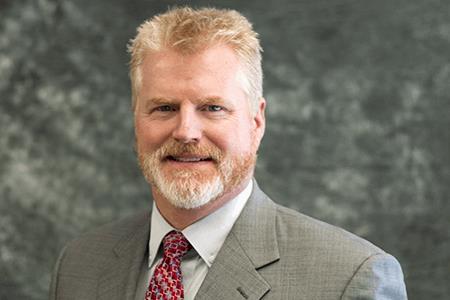How We Arrived At A Series Of Unprecedented Events
By Rob Wright, Chief Editor, Life Science Leader
Follow Me On Twitter @RfwrightLSL
 I remember it like it was yesterday. Jan. 27, 2020 was my first Monday back in the office following the annual J.P. Morgan healthcare conference (JPM) in San Francisco. Back then, Monday mornings included an in-person gathering of employees from business development and editorial, and we’d all share what we were working on.
I remember it like it was yesterday. Jan. 27, 2020 was my first Monday back in the office following the annual J.P. Morgan healthcare conference (JPM) in San Francisco. Back then, Monday mornings included an in-person gathering of employees from business development and editorial, and we’d all share what we were working on.
The meeting started somberly, as NBA-basketball legend Kobe Bryant died unexpectedly the day previous, and we had a moment of silence in his memory. But having recently returned from JPM, my goal was to convey the level of excitement and optimism I experienced during my trip. After all, I had networked with, interviewed, and sat in on presentations from a number of amazing people during JPM, so I was eager to share those perspectives. When it came my turn, I downloaded a lot of information, from the various get-togethers with editorial advisory board members to the impromptu exchanges with industry icons (e.g., Arie Belldegrun, M.D.). I talked about the five executive interviews I conducted for future articles, including this month’s cover feature, Pamela Contag, Ph.D., cofounder and CEO of BioEclipse Therapeutics. I discussed the breakfast roundtable on corporate culture (also in this issue) that we were able to pull off thanks to support from Russo Partners. As I had also attended the CRUSH Life Science Leadership Meeting immediately prior, that, too, needed to be covered. And I remember confidently stating that the CEO of J.P. Morgan had discussed various global and U.S. economic indicators, and none of them were pointing toward a recession anytime soon.
There was so much to share and so little time, and perhaps that’s why I didn’t express my concerns about the virus outbreak taking place in China. I also didn’t mention that a few of the biopharmaceutical executives who are scientists that I spoke with at JPM expressed their concerns regarding the virus spreading to the U.S. But like everyone else now placing blame for not being prepared and not acting soon enough, perhaps I, too, held false hopes. Maybe that’s why I didn’t say anything about the coronavirus during that Monday morning meeting.
Enter Louis Garguilo, chief editor of Outsourced Pharma. Calling in as usual via teleconference, Louis began his update by saying (and this is what I remember so vividly), “With all due respect to Kobe Bryant, this outbreak in China is not under control.” He was trying to provide perspective. Because while the former basketball star’s helicopter accident was tragic, it paled in comparison to what Louis had been reading and watching from a variety of news sources on what was happening in Wuhan. He added that the people of Japan, where he had lived for 16 years and where his wife is from, were terrified. He concluded with, “This is serious.” I called him later that day to thank him for expressing what I had not.
To prevent COVID-19 from becoming the problem it became, the president of the United States would’ve had to close all borders to all international travel prior to JPM (Jan. 13–16). And let’s be brutally honest: If such an unprecedented action had been taken by any president in the past 50 years, it wouldn’t matter what their party affiliation was — everyone would have flipped out!
We all would have thought it an overreaction. Of course, we all now know that our current reality has become a series of unprecedented events.
